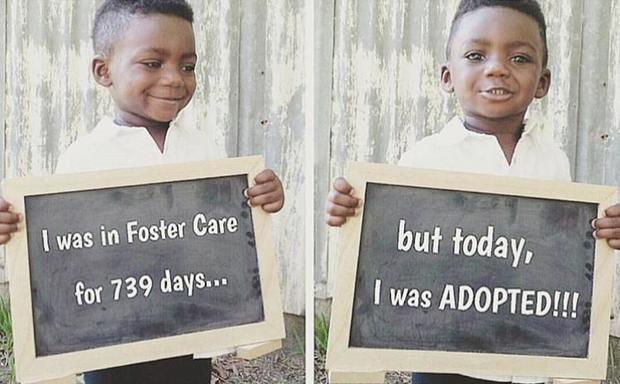Becoming a Foster Parent: Requirements and Preparation
Becoming a foster parent requires meeting specific requirements designed to ensure child safety and well-being. Prospective foster parents must complete background checks, home studies, and training programs that prepare them for the unique challenges and rewards of foster care. These requirements vary by state but typically include age minimums, financial stability assessments, and health evaluations.
The preparation process involves extensive training on trauma-informed care, child development, and working with biological families. Foster parents learn to support children who may have experienced significant trauma while also collaborating with social workers, therapists, and birth families. This comprehensive preparation helps ensure that foster families are equipped to provide the specialized care that children in foster care often need.



